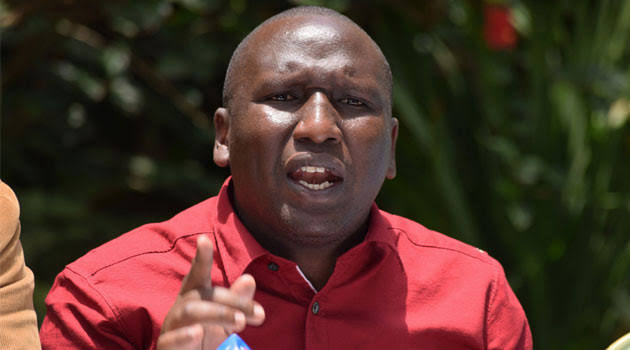Members of Parliament in Kenya are facing financial challenges, with some struggling to make ends meet on their monthly salary of as low as Sh10,000.
Aaron Cheruiyot, the leader of the Majority in the Senate, revealed that many MPs are grappling with heavy loans and financial commitments that are eating into their salaries, leaving them with minimal take-home pay.
How MP Peter Salasya gets Sh. 97,000 net from Sh. 1.1 million salary
Cheruiyot, who is also a former member of the Parliamentary Service Commission, stated that as much as 95 to 97 percent of parliamentarians take home less than Sh10,000.
“As a matter of fact, 95 to 97 per cent of Parliamentarians take home less than Ksh10,000, and it’s the first rule of survival in politics they teach you once you get to Parliament,” Cheruiyot noted.
He further highlighted that MPs are forced to devise other means of surviving while discharging their duties in Parliament.
Cheruiyot’s statement was supported by Stewart Madzayo, the Senate Minority Leader, who affirmed that it’s possible for MPs to leave Parliament poorer than when they first entered.
Madzayo revealed that the first rule when coming to Parliament is to commit one’s salary elsewhere, as leaving Parliament without any financial commitments could result in leaving with nothing.
In order to cope with their financial challenges, MPs in Kenya are capitalizing on sitting allowances from Parliamentary Committee meetings, which take place several times a week.
Additionally, MPs benefit from heavy allowances, particularly those for lawmakers on foreign assignments. These allowances are often referred to as “tricks of survival” in Parliament and are considered essential for many legislators.
The issue of financial challenges facing MPs came to the forefront when Peter Salasya, a Member of Parliament from Mumias East, publicly revealed his payslip.
Salasya’s payslip showed that after deductions for loans and other commitments, he was left with a net pay of only sh97,197 out of a gross pay of sh1.17 million.
The deductions included mortgage payments, PAYE (Pay As You Earn) taxes, NHIF (National Hospital Insurance Fund) contributions, pension fund contributions, canteen expenses, car loans, and Sacco (Savings and Credit Cooperative) deposits and shares.
Salasya’s revelation was triggered by Deputy President Rigathi Gachagua’s comparison of the government to a company with shareholders.









